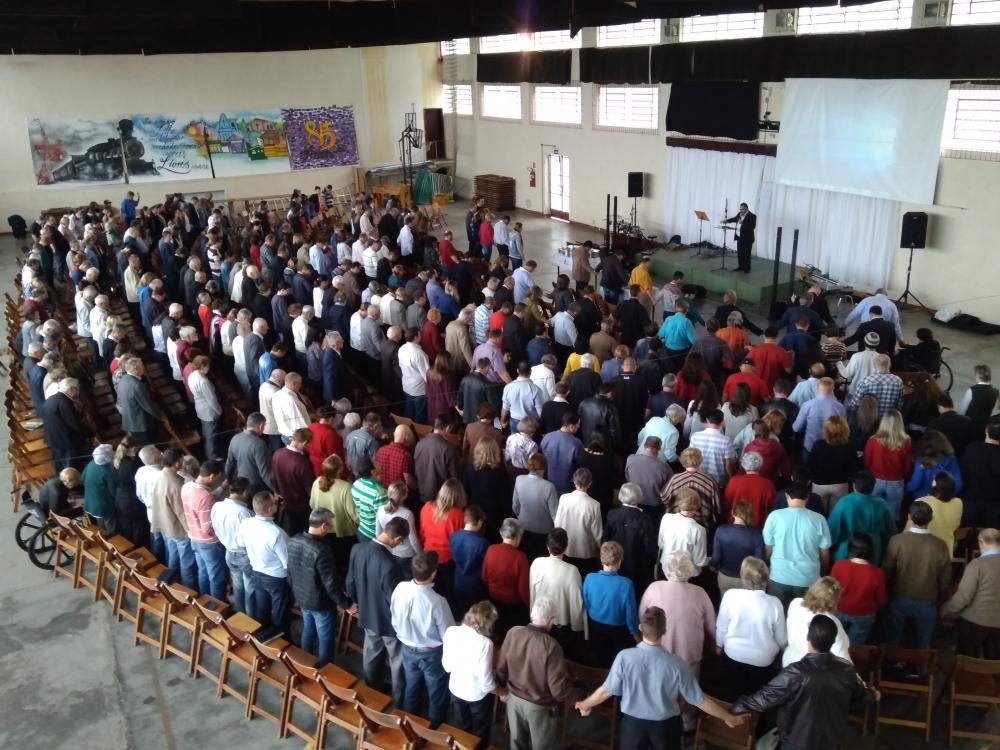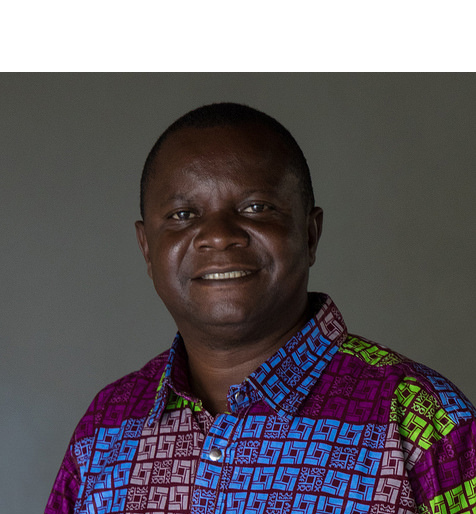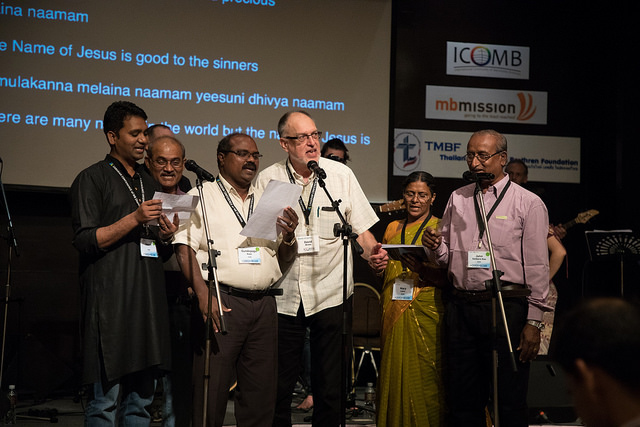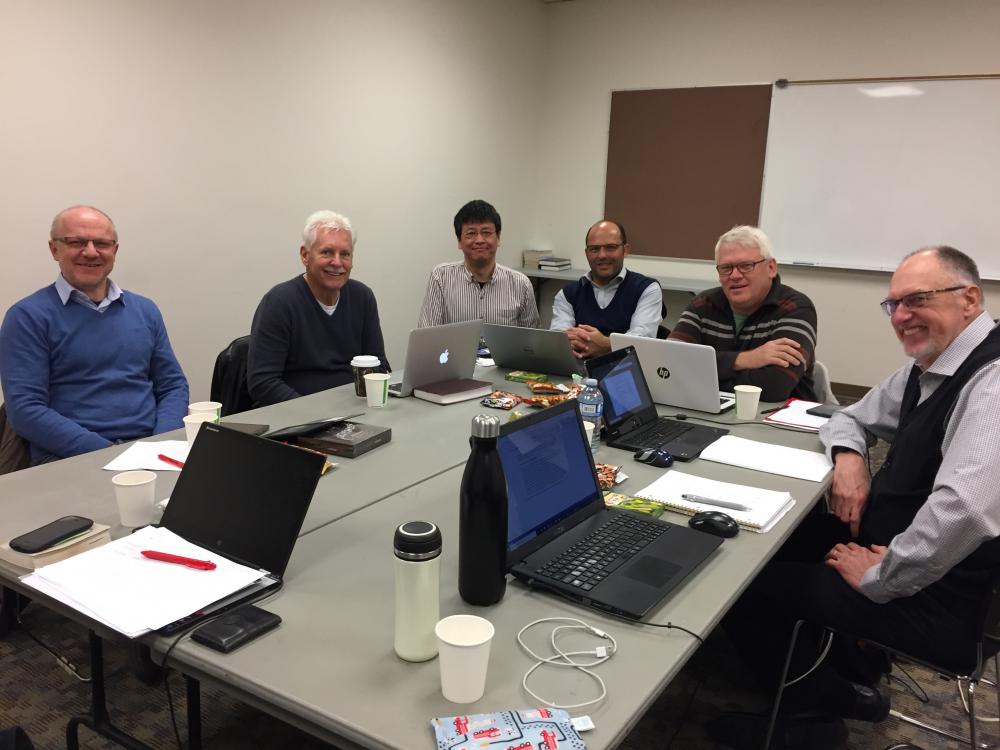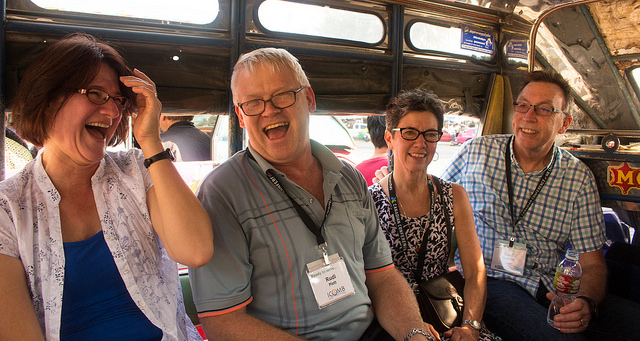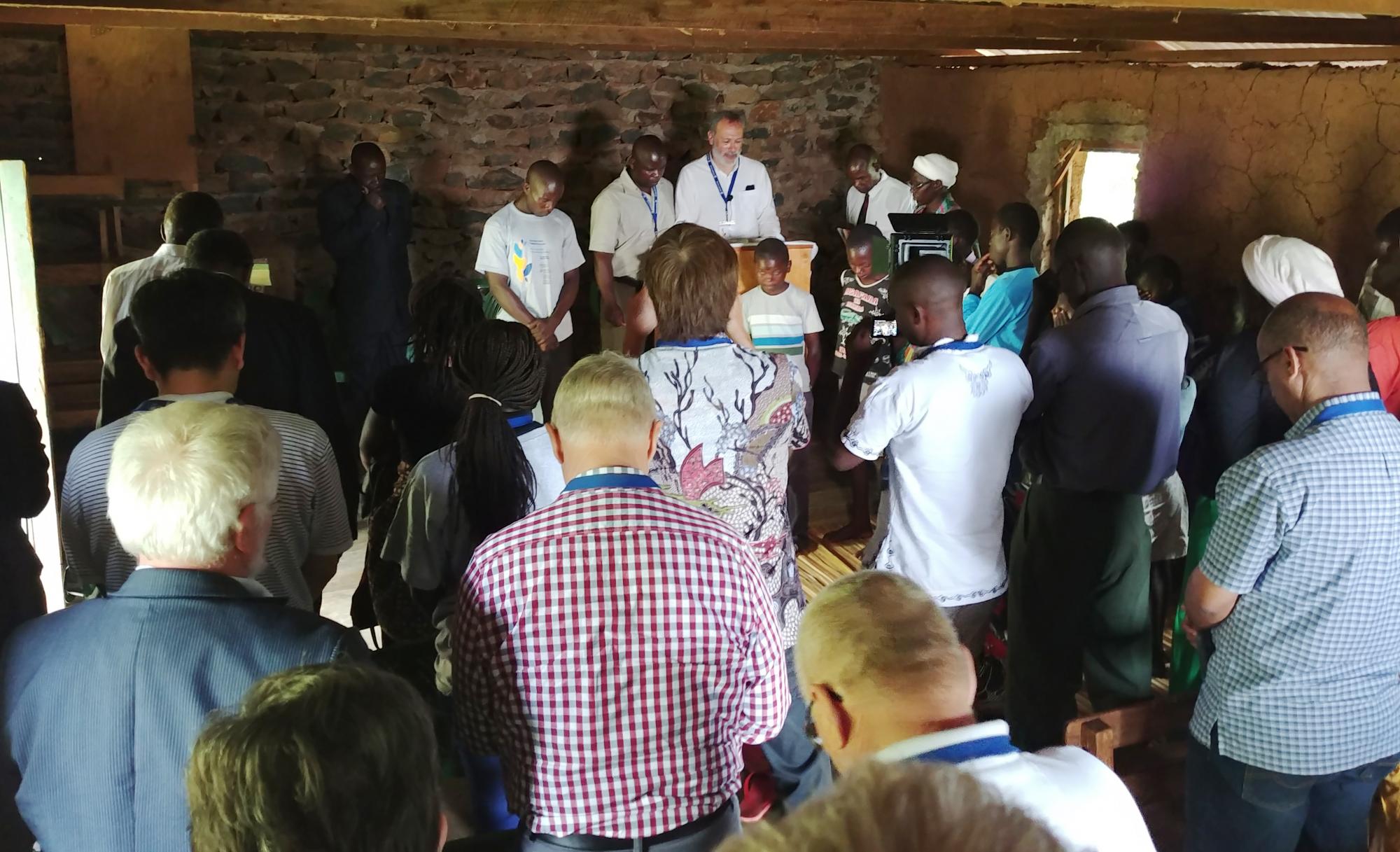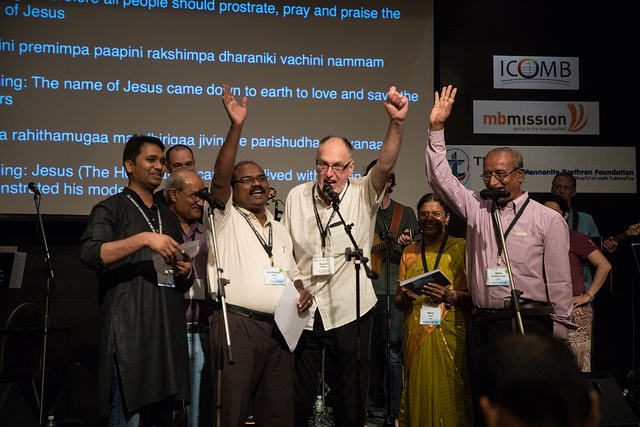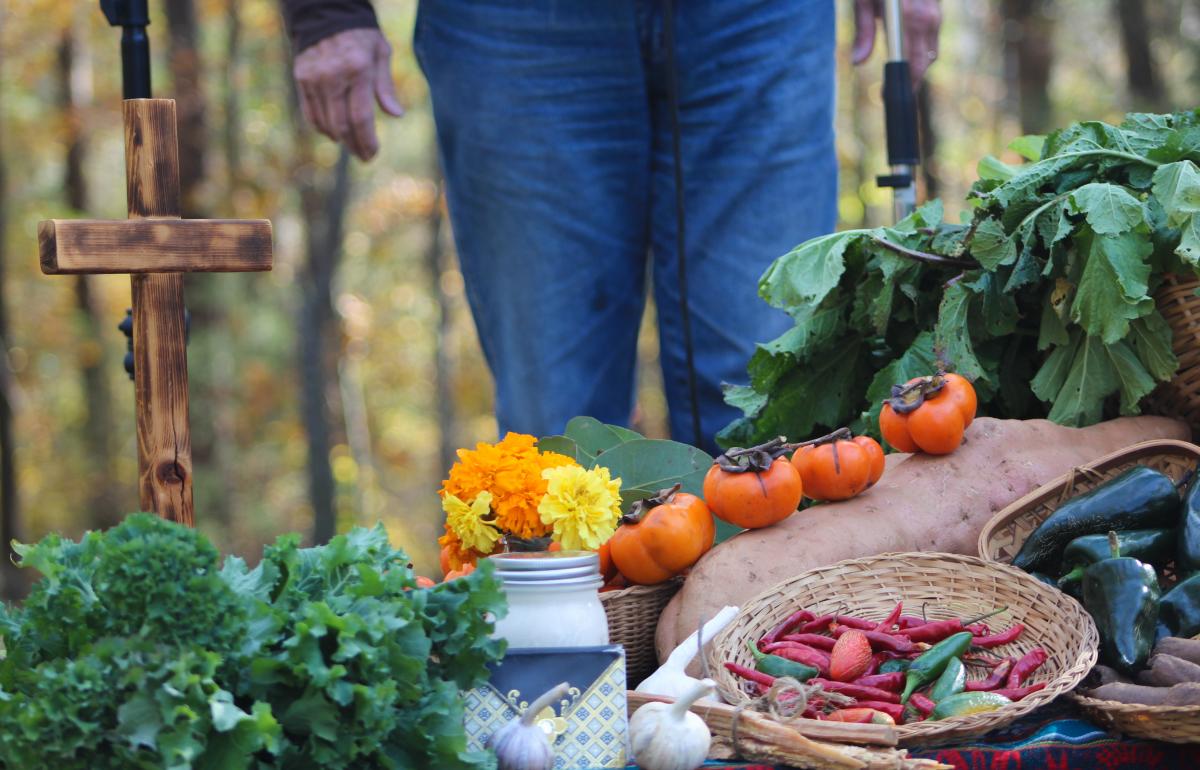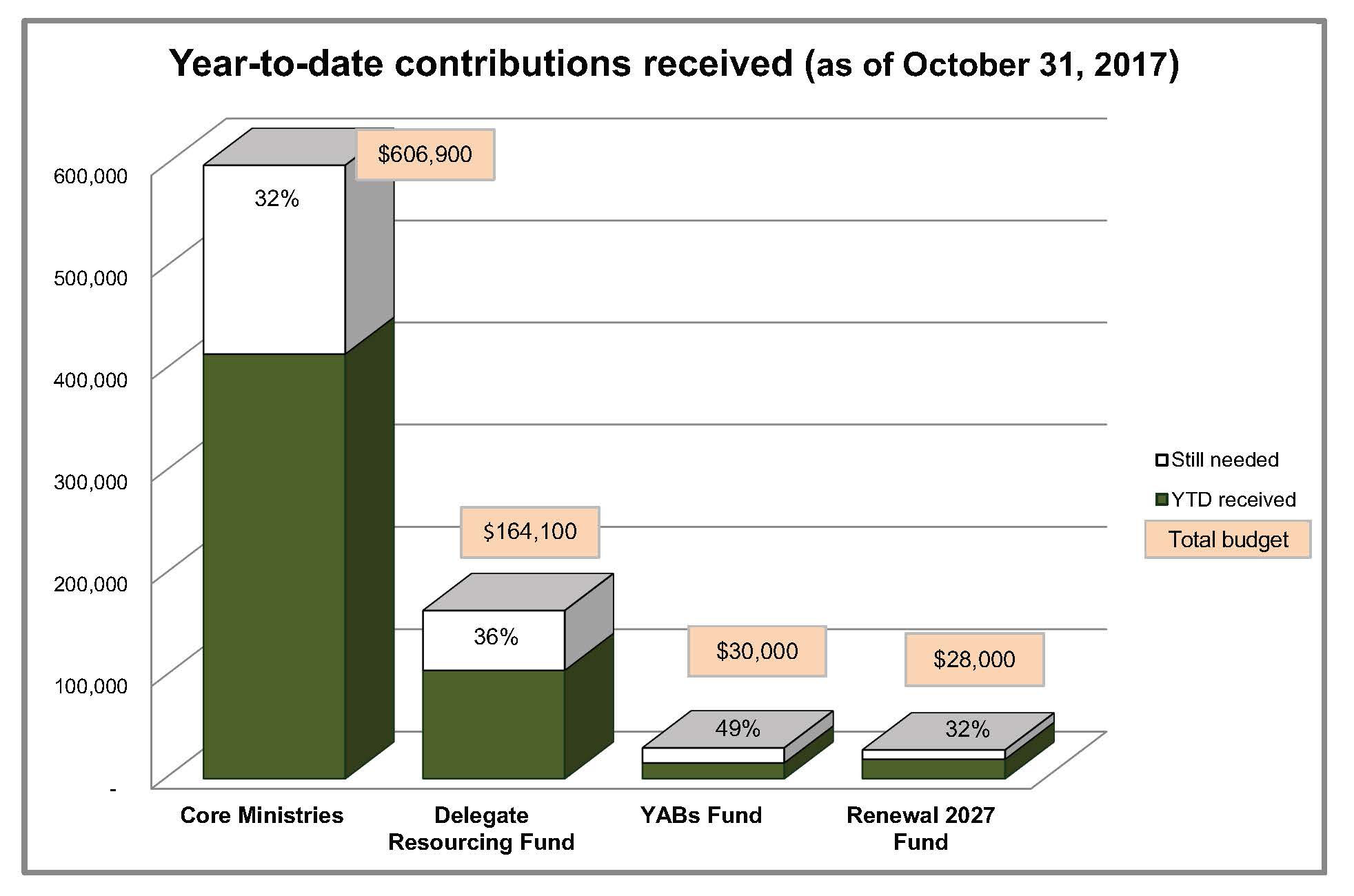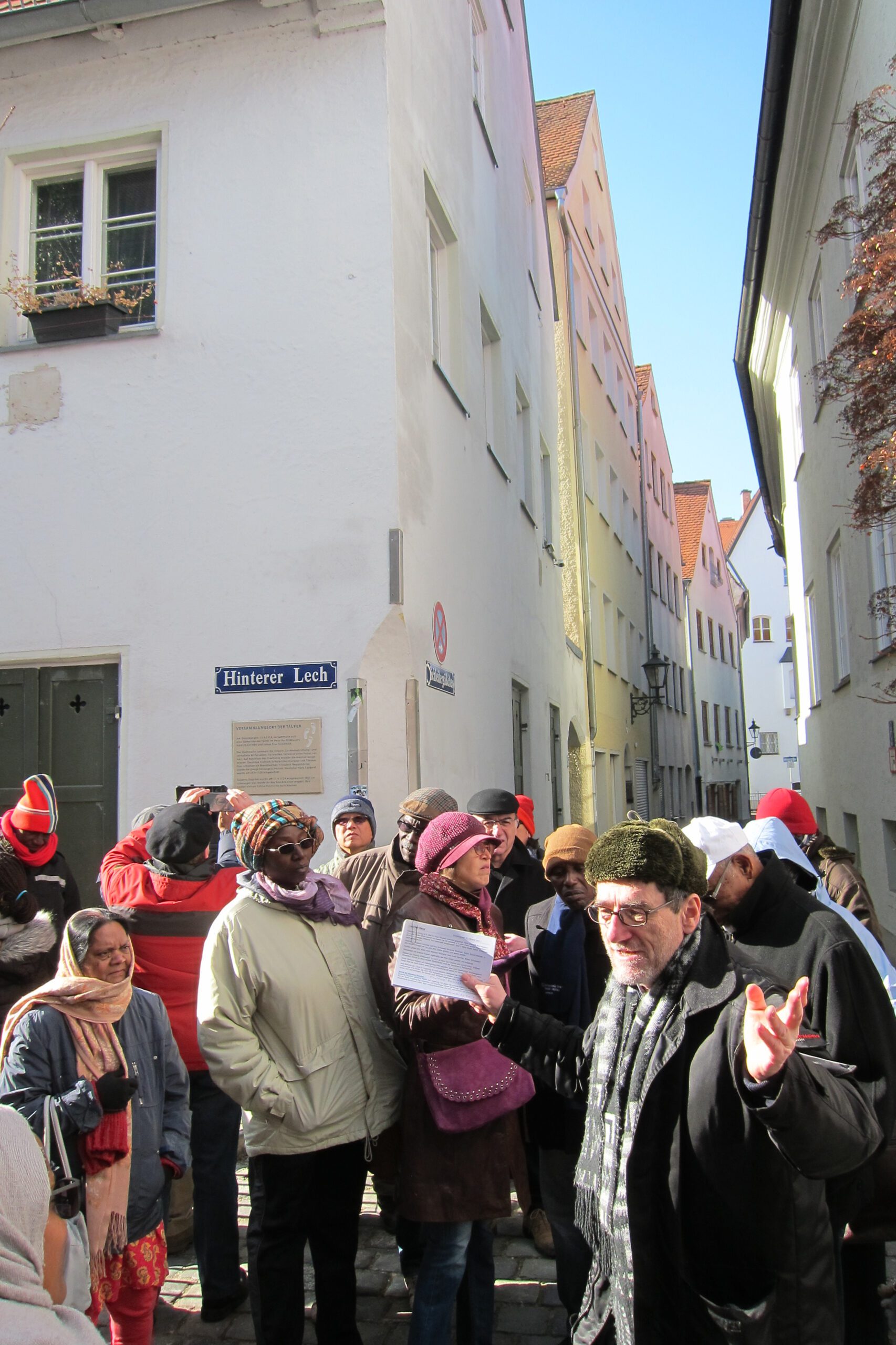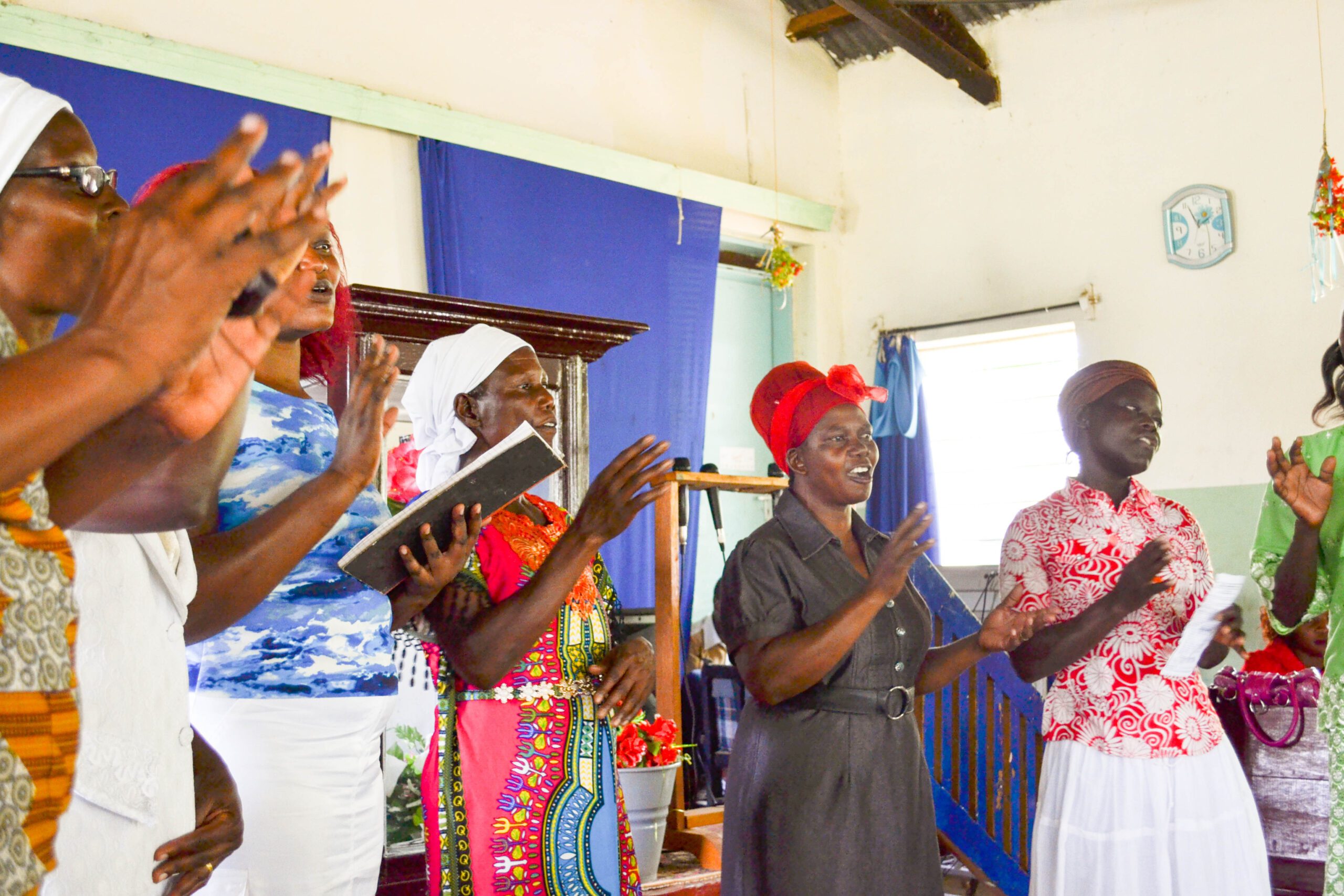-
Ministry partner update: ICOMB – November 2017
The International Community of Mennonite Brethren (ICOMB) is made up of 21 national churches in 19 countries with approximately 450,000 members. ICOMB exists to facilitate relationships and ministries to enhance the witness and discipleship of its member national churches – connecting, strengthening and expanding. Expansion and reconciliation Convenção Brasileira das Igrejas Evangélicas Irmãos Menonitas (COBIM
-
Ministry partner update: ICOMB – January 2018
The International Community of Mennonite Brethren (ICOMB) is made up of 21 national churches in 19 countries with approximately 450,000 members. ICOMB exists to facilitate relationships and ministries to enhance the witness and discipleship of its member national churches – connecting, strengthening and expanding. Angola: “COMEX” meeting: 7–8 December 2017 God was moving in our
-
Ministry partner update: ICOMB – February 2018
The International Community of Mennonite Brethren (ICOMB) is made up of 21 national churches in 19 countries with approximately 450,000 members. ICOMB exists to facilitate relationships and ministries to enhance the witness and discipleship of its member national churches – connecting, strengthening and expanding. Big news I have informed ICOMB that I will retire on
-
Ministry partner update: ICOMB – March 2018
The International Community of Mennonite Brethren (ICOMB) is made up of 21 national churches in 19 countries with approximately 450,000 members. ICOMB exists to facilitate relationships and ministries to enhance the witness and discipleship of its member national churches – connecting, strengthening and expanding. Executive Committee Meeting (9–10 February 2018) was a great blessing. Thank
-
Ministry partner update: ICOMB – April 2018
The International Community of Mennonite Brethren (ICOMB) is made up of 21 national churches in 19 countries with approximately 450,000 members. ICOMB exists to facilitate relationships and ministries to enhance the witness and discipleship of its member national churches – connecting, strengthening and expanding. The ICOMB executive committee is happy to announce the appointment of
-
Ministry partner update: ICOMB – May 2018
The International Community of Mennonite Brethren (ICOMB) is made up of 21 national churches in 19 countries with approximately 450,000 members. ICOMB exists to facilitate relationships and ministries to enhance the witness and discipleship of its member national churches – connecting, strengthening and expanding. ICOMB and MWC David Wiebe travelled to Kenya for Mennonite World
-
Ministry partner update: ICOMB – June 2018
The International Community of Mennonite Brethren (ICOMB) is made up of 21 national churches in 19 countries with approximately 450,000 members. ICOMB exists to facilitate relationships and ministries to enhance the witness and discipleship of its member national churches – connecting, strengthening and expanding. God is doing something amazing among us I’ve worked for ICOMB
-
At peace with the land
Is there a way to make a living without killing the environment? For a country that sees thousands of deaths every year due to exacerbated effects of super-typhoons, this is a major question. Lives have been claimed and billions worth of infrastructure have been damaged due to intense floods and landslides brought by forest denudation,
-
A Countercultural Lifestyle
“The plane! The plane!” This was how a TV program began that I used to watch as a child in Bogotá. It was about an island where all the desires of those that arrived there would be fulfilled. In English it was called Fantasy Island. It is possible to live on Fantasy Island right now,
-
MWC financial update
Bogotá, Colombia – We are grateful for the steady flow of contributions in support of Mennonite World Conference, whether from our national member churches, local congregations, or individuals. We are somewhat surprised that giving is slower this year than average, resulting in being behind budget at the end of August. Contributions from individuals and from
-
Persecution past and present
Early Anabaptists in Augsburg, Germany, paid a high price for meeting at the large white house (left) in this picture. German Mennonite historian, theologian and peace activist Wolfgang Krauss retells the story to modern Anabaptists who toured historic sites in Augsburg during meetings of Mennonite World Conference Executive Committee in February 2017. On Easter Sunday
-
The Holy Spirit transforming us
Bogotá, Colombia – Throughout the history of the Christian church, followers of Jesus have been transformed and renewed by the living presence of the Holy Spirit. We persevere with hope in the face of overwhelming challenges. Today, the churches in the Global South are especially attentive to the presence and power of the Holy Spirit.
